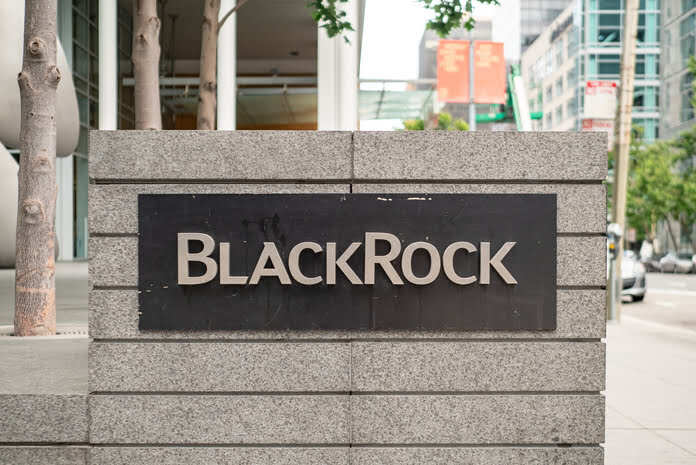Investment Firm Warns of Overvaluation in MicroStrategy Stock

Investment firm Kerrisdale Capital has released a report suggesting that MicroStrategy’s shares are overvalued, arguing that they trade at a premium compared to the underlying value of Bitcoin. Kerrisdale Capital, which holds a short position on MicroStrategy shares and is long on bitcoin through BlackRock and Fidelity’s spot bitcoin ETFs, highlighted the significant surge in MicroStrategy’s stock price amidst the recent rise in bitcoin’s price.
Kerrisdale Capital emphasized that while MicroStrategy’s shares have experienced remarkable growth, they believe the valuation is disproportionate to the actual value of the company’s Bitcoin holdings. The investment firm disclosed its short positions in MicroStrategy stock and expressed the potential for gains if the stock price declines. Despite achieving a new all-time high earlier in the week, MicroStrategy did not respond to requests for comment.
The landscape of investment options related to Bitcoin has evolved significantly, according to Kerrisdale Capital. The availability of various financial instruments, including spot bitcoin ETFs offered by major institutions like BlackRock and Fidelity, has provided investors with alternative ways to gain exposure to bitcoin. Kerrisdale Capital noted that this accessibility has diminished the uniqueness of MicroStrategy shares as a vehicle for Bitcoin investment.
In contrast, MicroStrategy has persistently pursued its strategy of amassing Bitcoin, currently owning roughly 214,250 bitcoins, equivalent to approximately 1% of the total supply of the cryptocurrency. Despite this significant bitcoin reserve, Kerrisdale Capital pointed out that MicroStrategy’s market capitalization has ballooned to nearly $32 billion, far exceeding the value of its bitcoin holdings.
Kerrisdale Capital disclosed its long positions in both BlackRock and Fidelity’s spot bitcoin ETFs, indicating its confidence in these alternative investment vehicles compared to MicroStrategy stock.
Featured Image: Freepik





